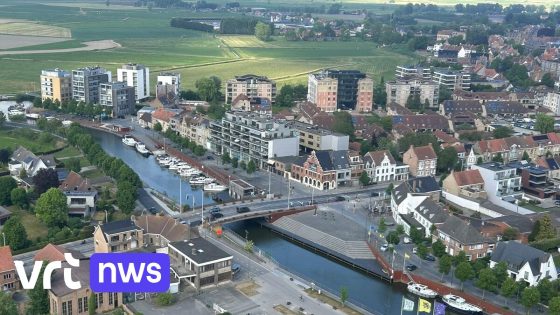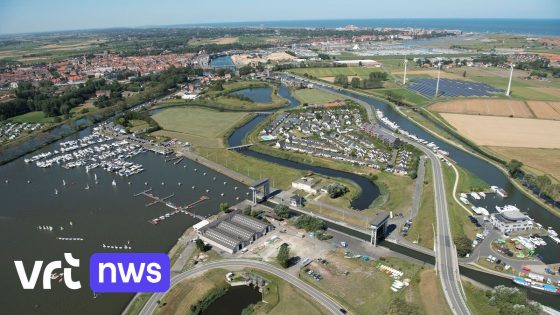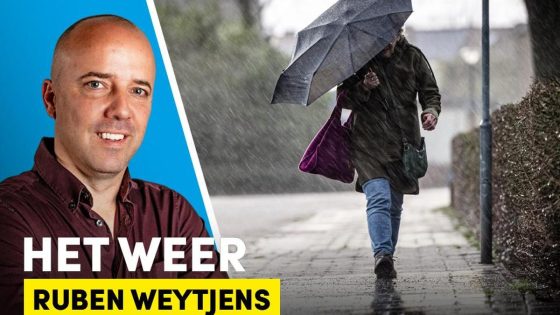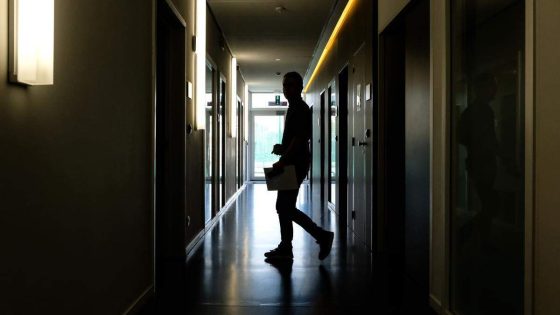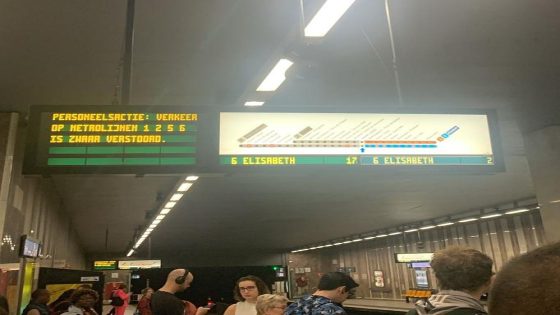Saltwater intrusion is increasingly threatening Belgium’s polder landscapes, raising alarms about the future of agriculture and drinking water supplies. The Flemish Land and Sea Agency (VLM) is closely monitoring rising salinity levels, with some measurements nearing a critical point where the water may no longer be suitable for farming or consumption.
- VLM monitort verzilting metingen nauwgezet
- Zoutgehalte nadert onbruikbaar niveau landbouw
- Polders ontvangen water alleen van buiten
- Zoet water tekort door weinig regen
- Leiewater nodig om zout water tegenhouden
- Gouverneur bevestigt voldoende water Leie nu
On 2025-05-12 19:35:00, Wim Van Isacker highlighted that the water in the polders is not naturally sourced but depends heavily on external inputs like rain and water from the hinterland. With rainfall dwindling and less freshwater flowing from inland areas, the risk of saltwater pushing upwards into the polders is intensifying.
How can Belgium safeguard its precious freshwater resources in this dry spell? The answer lies partly in managing the water from the Leie river, which remains sufficient for now but requires urgent replenishment through rainfall. This situation underscores the critical balance between nature and human intervention.
What does this mean for Belgium’s agricultural regions? The increasing salinity poses serious challenges:
- Reduced freshwater availability due to decreased rain and inland water inflow.
- Dependence on external water sources like the Leie to counter saltwater intrusion.
- Potential loss of farmland productivity if salinity crosses critical thresholds.
- The need for immediate rainfall to sustain freshwater reserves and protect ecosystems.
Looking ahead, Belgium must prioritize sustainable water management and invest in monitoring systems to mitigate salinization risks. Can timely rains and proactive policies preserve the polders’ viability? The coming weeks will be crucial for the country’s water security.



